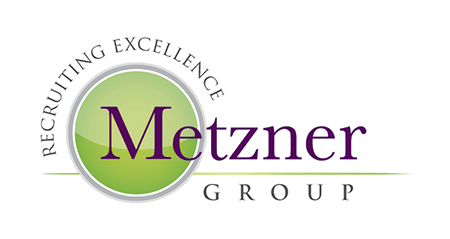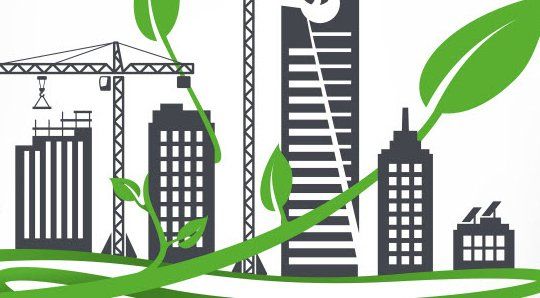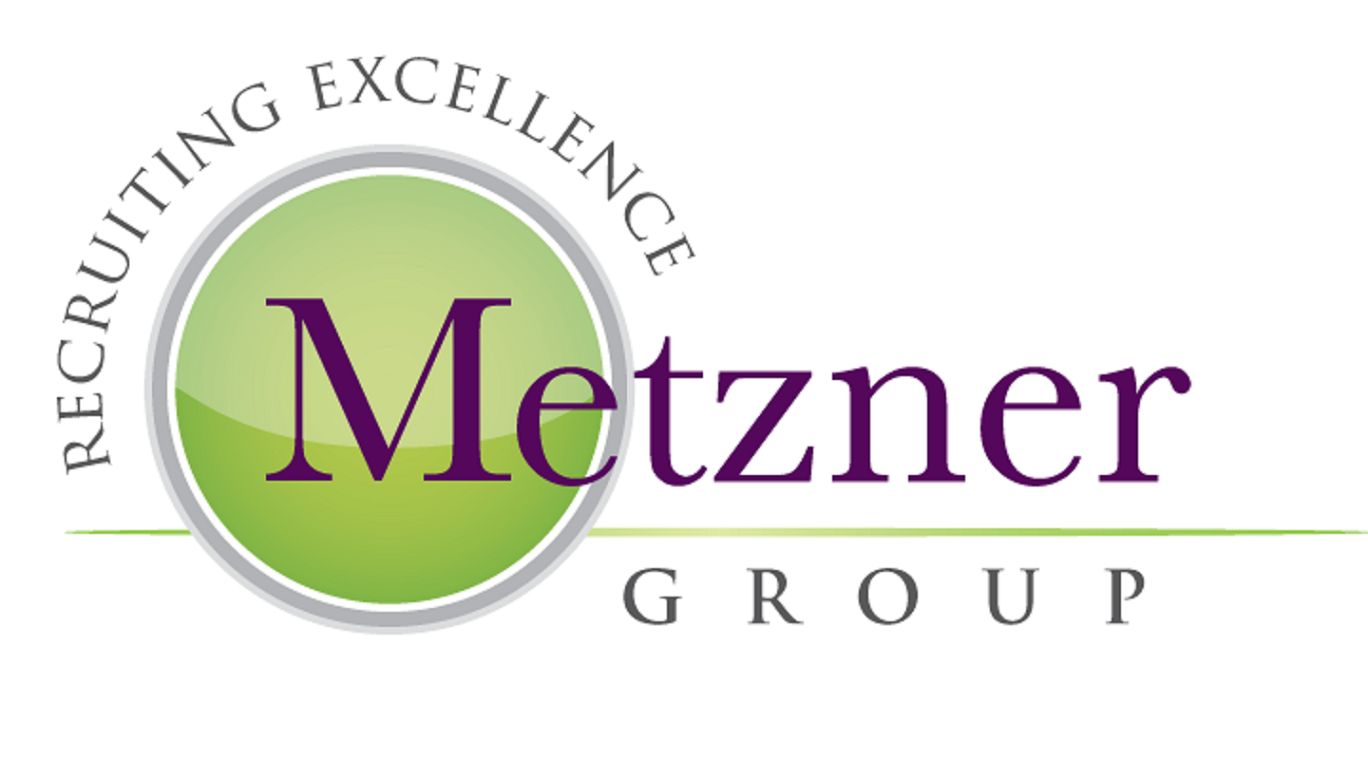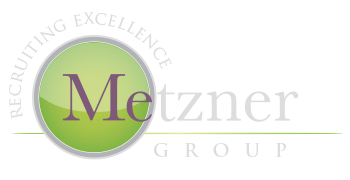Sustainability in Civil Engineering — Part 2
In 2008, I posted a brief blog titled “ Sustainability in Civil Engineering .” Now, three years later, I asked several civil engineering leaders to discuss this topic. For example: Do clients request or require sustainable design? Is there a difference in cost on sustainable design projects? What else do you think about this topic? Here are their thoughts:
“Regarding sustainability, it is really about the efficient use of resources and has morphed into the realization of the triple bottom line. From an energy perspective, all facets of construction (or deferral of construction) are now taken into account. For example, water use is a huge issue. In our 2011 Strategic Directions of the Utility Industry survey, water was the number one environmental issue by the 700 respondents. The challenge is that there is a cost to sustainable options that needs to be borne by someone — either the public or the shareholders. And, therein lies the challenge.
Sustainability in many ways is being “cooked” into the fabric of construction decisions, as opposed to simply being another factor “sprinkled in” at the last minute to get a project constructed.”
— Mark Gabriel, Senior Vice President Strategy and Business Process, Black & Veatch
“In some respects, today’s sustainability is a revival of the conservation movement back in the 1970’s. It still can be thought of as the wise use of our resources, the consciousness of designing infrastructure for the long term, and awareness that short term replacement and reconstruction are not realistic options. I think many would agree that there is more awareness today in our dwindling resources, many of which are precious.
Sustainable Development is more than just water cooler talk. For civil engineers, it’s also more than the ‘green theme’ architectural flavor of the day. Civil engineers have traditionally been concerned about sustainable design as far back as I can remember. Life cycle cost and the creation of long-term value have been civil engineering issues for a long time, not just current topics. Clearly there’s an appreciation for civil engineering’s ‘sustainability’ value that went into the Hoover Dam, Brooklyn Bridge and so many other notable landmarks still operating today.
Sustainability in design is critical, if nothing more, than to craft meaningful solutions to our infrastructure needs in competition with limited financial resources. Sadly, so much of our nation’s infrastructure has been overlooked and is in need of replacement. Arguably, one might believe that because of civil engineering’s core sustainability value, our nation’s infrastructure has been able to enjoy little maintenance attention. That’s no longer the case. We’re at the critical point in meeting our expected service needs for energy, transportation, water supply, and wastewater treatment.
Everywhere one looks there are social, educational and medical issues competing for financial support. More than ever, sustainability in civil engineering design must be the central theme for creative solutions that match limited financial resources. I believe civil engineering’s core sustainability value will continue to provide reasonable solutions without compromise for the future. Perhaps more than ever this is an exciting and challenging time for civil engineering leadership!”
— Richard Diaz, PE, President, Diaz Pearson & Associates, Inc.
“Infrastructure clients, generally public agencies, are not only interested in sustainability to preserve natural environments and reduce energy use, but increasingly to save money. Measuring sustainability in infrastructure (like LEED certifications for buildings) is becoming necessary to compare and prioritize projects for funding as well as to optimize project efficiency. CH2M HILL pioneered one rating system with the University of Washington called the Greenroads rating system. This tool is being used by funding agencies to help agencies enhance and optimize sustainability on their project grant submittals. CH2M HILL is leading a team to develop a rating tool for FHWA. The tool builds on context sensitive solutions principles to evaluate highway projects. The tool is in its pilot testing phase. FHWA is seeking feedback from agencies using the tool.”
— Jeanne Acutanza, PE, CH2M HILL
“The concept of sustainability is just beginning to get traction at least in the U.S. public sector. We are starting to see some RFPs that discuss or request sustainable design. However, clients are also being cautious in implementation. Will sustainable concepts increase costs? If yes, how much? Do sustainable designs add value to the project? If yes, can we demonstrate the benefits added. In the global marketplace, sustainability is more frequently cited in solicitations.”
— Confidential
As we continue to pursue resource conservation, what changes are you seeing from your clients and within your projects? Thoughts?



